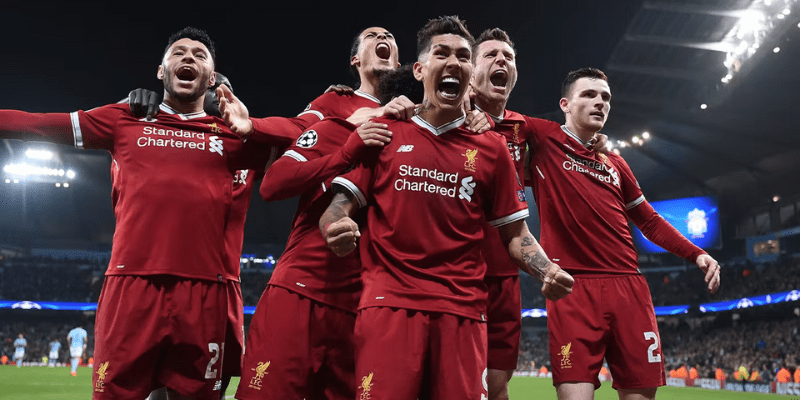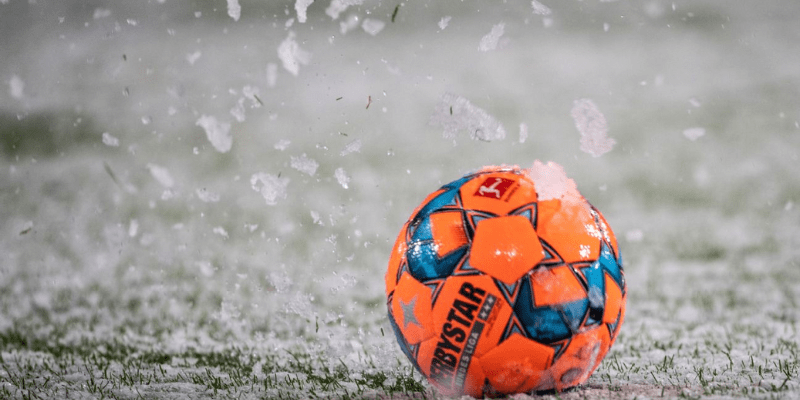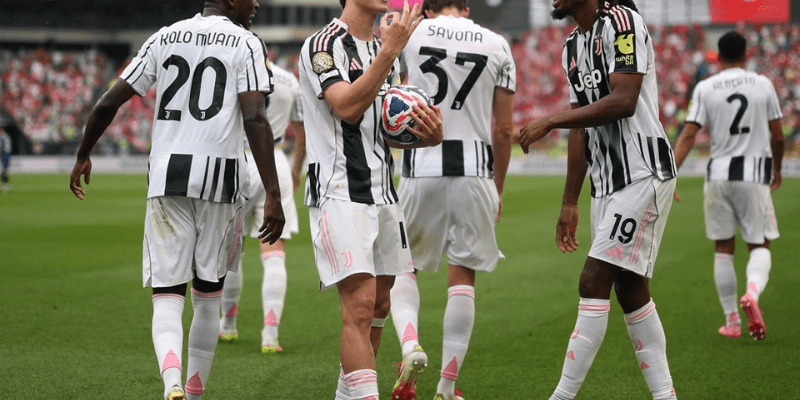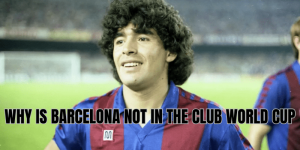In 2006, the FIFA World Cup shocked audiences with drama, flair, and a final that would etch itself forever into football folklore. The answer to who won World Cup 2006 is: Italy, defeating France in a penalty shoot-out after a gripping 1–1 draw in Berlin. SantaKick will now take you through what made that victory unforgettable — the goals, the controversies, the stars — and why it still resonates today.
Italy vs France: How the Final Unfolded

The showdown took place on July 9, 2006 at the Olympiastadion in Berlin. This was a clash that promised history, tension and one last dance for legends.
First half fireworks
- France drew first blood: Zinedine Zidane stepped up for a penalty in the 7th minute, executing a smooth Panenka to beat Gianluigi Buffon.
- Italy struck back quickly — Marco Materazzi’s towering header.
Tension, tactics and red card
- The second half saw France pushing forward, Italy resisting but staying dangerous on set-pieces. Extra time arrived without further goals.
- In the 110th minute, a moment that would define the game: Zidane head-butted Materazzi in the chest after provocation. Zidane was shown a red card, in what was his final match for France.
Penalties, drama, glory
- With the match still 1–1 after extra time, Italy won 5–3 on penalties. France’s David Trézéguet was the only player to miss, his shot hitting the bar and bouncing down past the line but not counted. Fabio Grosso converted the winning penalty for Italy.
- Andrea Pirlo was named Man of the Match, despite not scoring. His game control and composure helped Italy stay steady under pressure.
Significance of Italy’s 2006 World Cup Win

Italy’s win in 2006 wasn’t just another trophy—it was a statement.
- This was Italy’s fourth World Cup title, putting them among the most successful national teams in history (just behind Brazil).
- It ended a 24-year wait since their previous win (1982).
- The victory came during a turbulent period: Italian domestic football was stained by scandal (Calciopoli), yet the national team managed to unite, focus, and deliver.
Key Players & Moments

Some names and moments simply can’t be forgotten when talking about who won World Cup 2006.
- Zinedine Zidane: His penalty in the final, the brilliance throughout the tournament earned him the Golden Ball as best player—but his career also ended in one of the most infamous moments in football history.
- Marco Materazzi: Equaliser scorer, and central figure in Zidane’s red card incident. His presence defined both the defensive backbone and the emotional core of the final.
- Gianluigi Buffon: His goalkeeping was stellar, especially under pressure, and he made key saves that kept Italy alive.
- Andrea Pirlo: Masterful in controlling tempo, delivering accurate set pieces, and helping Italy maintain composure when it mattered most.
What led up to the final
To appreciate the final fully, it’s important to see the paths both teams took.
- Italy topped Group E, then defeated Australia (1–0), Ukraine (3–0), and stunned hosts Germany in the semi-final with a 2–0 extra-time win.
- France, meanwhile, progressed as runners-up in their group, then edged Spain, took down Brazil, and beat Portugal to reach the final. Zidane’s leadership was crucial through those knockout matches.
Lasting Legacy
The 2006 World Cup final gave us iconic moments: Zidane’s Panenka, Materazzi’s header, that headbutt, and the drama of penalties.
- The match is often cited in debates of greatest World Cup finals ever, due to its mix of skill, emotion, controversy and raw tension.
- Italy’s defensive strength plus creativity (Pirlo, Totti, etc.) showed a balance many teams struggle to achieve.
- It marked the end of Zidane’s international playing career — a bittersweet exit.
Conclusion
When fans ask who won World Cup 2006, it’s not just about knowing the name. It’s about remembering how Italy lifted their fourth trophy in one of the most dramatic, emotional finals ever played. SantaKick reminds you: it was Italy who triumphed, beating France 5–3 on penalties after a 1–1 draw in extra time.
If you want more match-by-match analysis, player stats, relive the moments — the history lives on.






